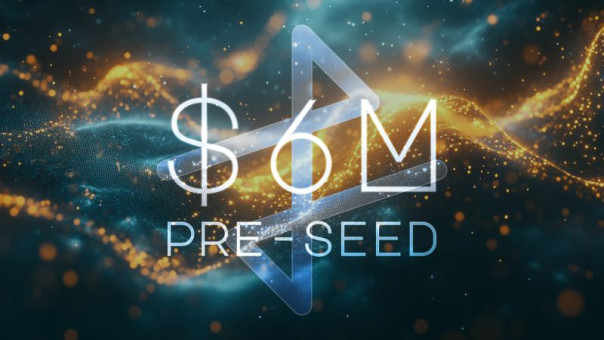Tether Declared Property
By Olivier Acuña | TH3FUS3 Chief Editor
September 15, 2024 02:00 AM
Reading time: 2 minutes, 13 seconds
TL;DR The United Kingdom High Court has made a groundbreaking decision, declaring stablecoin Tether as property under English law. This unprecedented ruling follows a full trial and addresses the legal status of cryptocurrency for the first time. The case involved a fraud victim whose stolen Tether was laundered through various crypto exchanges.

Historic Ruling for Tether
A United Kingdom High Court has ruled that stablecoin Tether is considered property. This decision, announced on September 12, marks the first-ever ruling under English law on the treatment and status of cryptocurrency following a full trial.
The legal status of Tether came into question in a case brought by a fraud victim. The victim's stolen crypto, including Tether, was offloaded through various crypto exchanges after being processed through crypto mixers. High Court of Justice Deputy Judge Richard Farnhill stated, 'USDT attract property rights under English law.'
Judge's Groundbreaking Statement
Judge Farnhill added that USDT is a distinct form of property not premised on an underlying legal right. He emphasized that Tether can be traced and can constitute trust property, similar to other property types.
He noted a 'strong line of authority' affirming that cryptocurrencies are property, citing a 2019 judgment in the same court, which wasn't made at trial. This ruling aligns with the England and Wales Law Commission's 2023 digital assets report, which marks cryptocurrencies as property.
Related Legislative Developments
The decision comes just one day after the UK government introduced a bill to clarify that non-fungible tokens (NFTs), cryptocurrency, and carbon credits are 'things' and 'personal property' under property laws. This legislative move further cements the legal recognition of digital assets as property.
Thai Crypto Exchange Escapes Liability
In a related case, fraud victim Fabrizio D'Aloia failed to prove that Thai exchange BitKub had been 'enriched' by receiving 400,000 USDT, of which 46,291 USDT was traced from D'Aloia's fraudsters.
The judge ruled that D'Aloia couldn't provide sufficient evidence that his USDT could be traced to the relevant BitKub wallet because he was using crypto mixers.
Quillon Law partner Nicola McKinney, representing BitKub, explained that the judge concluded USDT could be identified in mixed pools. Still, D'Aloia couldn't show on the balance of probabilities that his USDT was traceable to BitKub.
Judge Farnhill also stated there was no 'defective transaction' between D'Aloia and BitKub to undo, highlighting the absence of a legal link connecting D'Aloia with BitKub.
Implications for Future Cases
Matt Green, the head of blockchain and digital assets at law firm Lawrence Stephens, emphasized the importance of clearly articulated evidence in court.
He noted that legal teams must understand the fact patterns carefully to advance proprietary claims and address mixing issues accordingly.
The court heard that D'Aloia transferred $3.3 million (2.5 million British pounds) to the fraudsters across several transactions.
D'Aloia also named Binance, Polo Digital Assets, Gate Technology Corp, Aux Cayes Fintech, and the scammers, identified as 'persons unknown,' in his suit.
An application for summary judgment against these parties is still pending, with consequential orders to be heard later.



